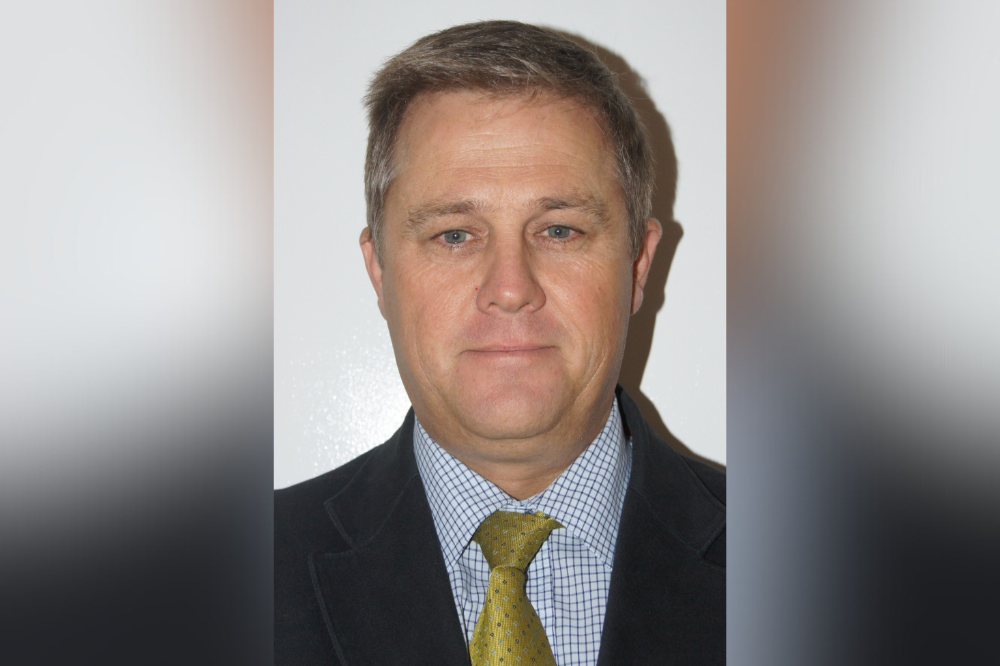
Gifted children in acceleration programs experience confusion, limited choices, and ambivalence from others, with one expert warning that this issue has big implications for the way in which gifted students are being taught nationally.
New research by the Australian Catholic University shows that when gifted students are placed in these programs, they often receive generic worksheets that don't address their individual strengths or learning needs.
“Australian schools need Government policies that support them with a uniform measurement for intellectual giftedness and a comprehensive strategy for withdrawing primary school children temporarily from their classrooms for accelerated learning,” ACU education lecturer and researcher Dr Gavin Smith-Pill said.
“Teachers need greater support to identify gifted students and update their knowledge of effective differentiation practices and interventions. Otherwise, we are failing to meet the needs of these exceptional students and help them to reach their full potential.”
The research thesis, which involved more than 700 pieces of data based on observations, interviews, a unique hypothetical scenario, and questionnaires completed by 21 children aged 5-12 years from six independent and Government primary schools in Victoria, found:
- Students reacted positively to being selected and withdrawn from their classrooms to accelerate their academic skills, but experienced confusion about why they were chosen to participate in withdrawal acceleration options (WAOs) instead of other children, how tasks were selected, and expressed concerns about the irregularity of sessions.
- Accelerated students felt their usual teachers, as well as their parents and peers, were ambivalent about their involvement in WAO programs.
- Gifted students wanted more involvement in the selection, inclusion, and programming of WAOs including tasks that challenged their academic abilities and built on their potential.
Dr Smith-Pill said the research, while small in scale, was the largest qualitative study of its kind nationally and showed there was a disconnect between WAOs and the needs of gifted students, highlighting the importance of further large-scale research and urgent action to support school-based acceleration programs.
“We need to ensure that gifted students are nurtured to build positive self-esteem and self-efficacy through systematic and consistent supports that recognise their talents,” he said.
“Based on the feedback of students in this study, for example, it is possible that gifted children are negatively influenced by occasions where teachers and others seem uncaring or disinterested in their withdrawal accelerated program experiences.”
Dr Smith-Pill developed a multi-stage ‘Doorway Model’ as part of his study, mapping the influences and experiences of gifted students taking part in WAOs and providing schools with unprecedented insight into factors influencing their perspectives as well as opportune times for positive intervention and greater support.
He says the Doorway Model and this study overall shows we need to do better by gifted children at those key entry and exit points in withdrawal acceleration options.
“We need to ensure they know why they have been chosen for withdrawal acceleration options, that their unique needs for growth are met, they have greater agency and voice, and that they feel like others care about what they do outside the mainstream classroom to really optimise their learning experiences,” Dr Smith-Pill said.
“Schools and universities also need to widen educator, parental and pre-service teacher education about the challenges these students face and the crucial timing of interventions that support gifted and talented students.”


